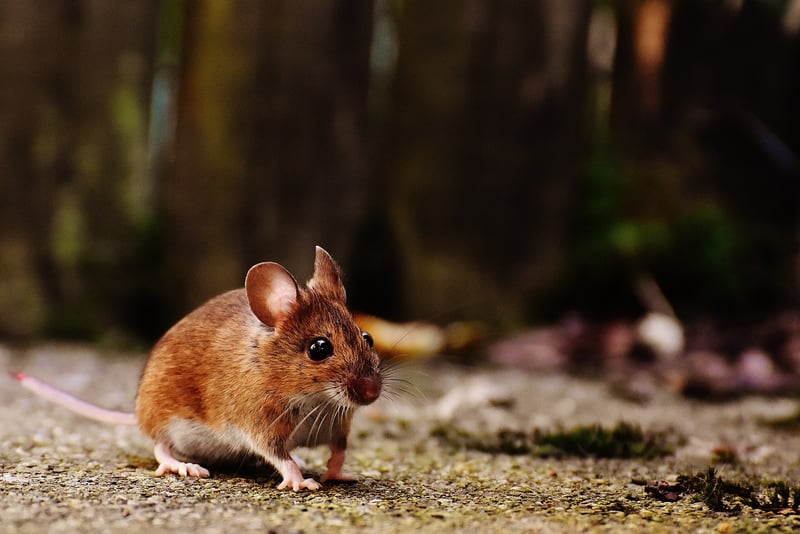Rodent Management
Dealing with Common Issues: Rodent Management
Introduction to Rodent Management
Dealing with rodent infestations can be a common issue for homeowners and businesses alike. Rodents such as mice and rats can cause damage to property, spread diseases, and create unsanitary conditions. Effective rodent management is essential to control and prevent infestations.
Identifying Rodent Infestations
Common signs of a rodent infestation include droppings, gnaw marks on food packaging or structures, nests made of shredded materials, and scampering noises in walls or ceilings. It's essential to identify these signs early to prevent the infestation from worsening.
Preventive Measures
Preventing rodent infestations is key to effective rodent management. Seal any cracks or openings in walls, floors, and foundations. Keep food stored in airtight containers, maintain cleanliness, and remove clutter that can provide hiding spots for rodents.
Effective Rodent Control Methods
When dealing with a rodent infestation, it's crucial to use effective control methods. Traps and baits can be used to capture and eliminate rodents. Seal entry points to prevent further entry, and consider employing the services of a professional pest control company for severe infestations.
Environmental Impact
When managing rodent infestations, it's important to consider the environmental impact of control methods. Opt for environmentally friendly options such as humane traps or natural repellents to minimize harm to other wildlife and pets.
Conclusion
Proper rodent management is essential for maintaining a safe and healthy environment. By identifying infestations early, implementing preventive measures, and using effective control methods, you can successfully deal with common rodent issues and ensure a rodent-free space.

For more information on rodent management, visit EPA Rodenticides.
